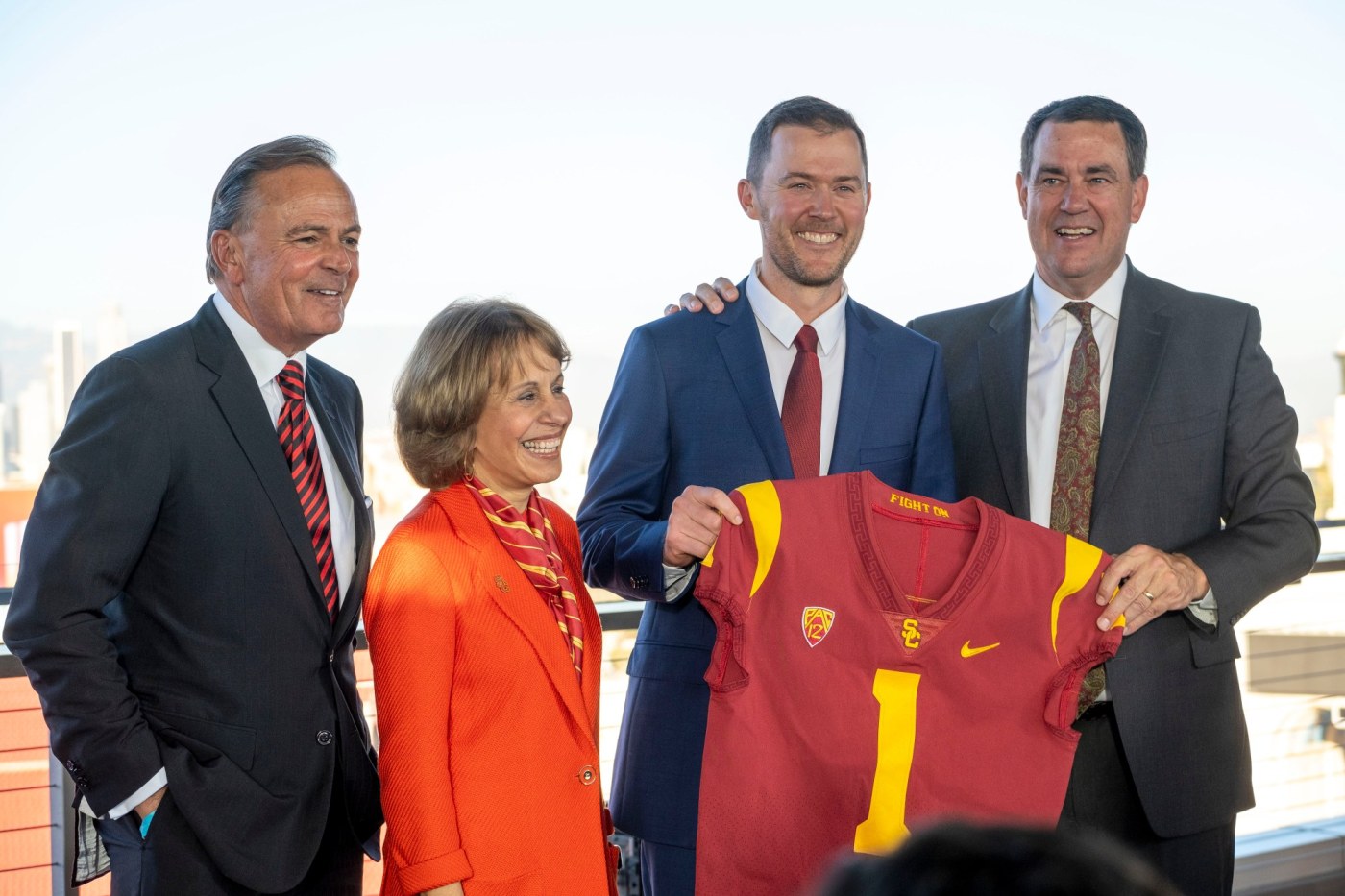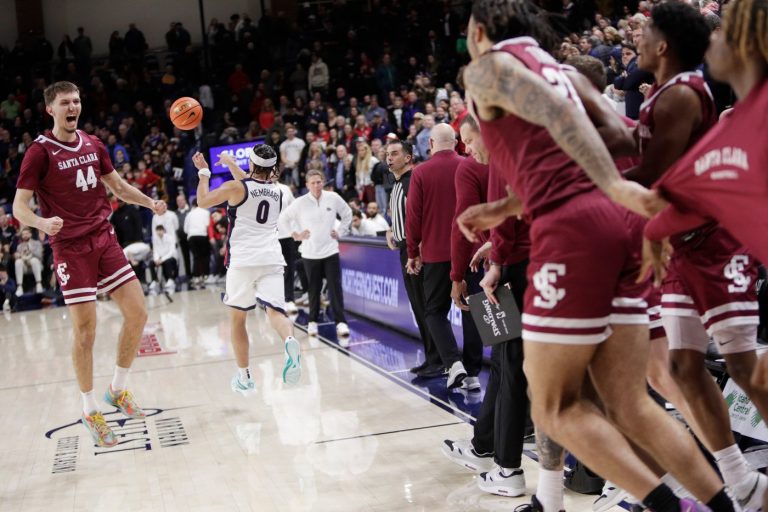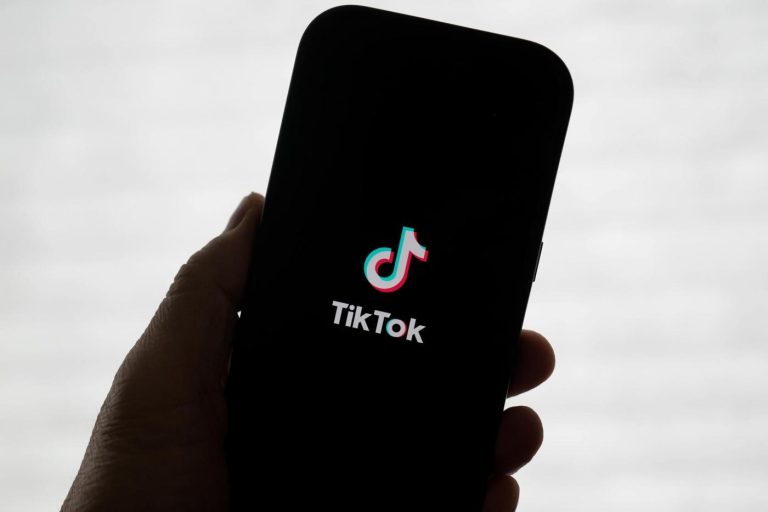The greatest intersectional rivalry in college sports recently received the twice-over, thanks to one of its own.
USC coach Lincoln Riley was the first to address the unthinkable. When asked about the future of the Trojans’ storied series with Notre Dame, Riley told reporters at Big Ten football media days, “There’s been a lot of teams that sacrifice rivalry games.”
A week later, athletic director Jen Cohen appeared to walk back Riley’s comments — but not all the way. “Things are changing,” Cohen told ESPN710, “but tradition is part of doing what’s best, too. So we’re going to do our best to honor that and evolve in this space.”
What in the name of Anthony Davis and the Bush Push is going on?
Would USC actually end a series that has spanned 98 years, featured 14 Heisman Trophy winners and generated countless memories.
A series responsible for a significant portion of USC’s media value and national exposure.
A series that delights so many donors and season-ticket holders.
In an era when USC shares a conference with Wisconsin and schools share revenue with athletes, anything is possible — even the end of a rivalry at the heart of the sport.
The issue stands front-and-center today as the Trojans prepare for their inaugural year in the Big Ten with a head coach under pressure to produce and a schedule waiting to pounce.
In addition to facing Michigan, Penn State, Wisconsin and Washington, the Trojans open the season with LSU in Las Vegas and close with the Irish in the Coliseum.
That’s like the trash compactor scene in Star Wars, with the walls closing in and the monster under the surface.
By any measure, USC’s schedule is one of the most difficult in the land.
Fortunately for the Trojans, they won’t have to decide whether to extend the Notre Dame series once the current contract expires following the 2025 season. The College Football Playoff selection committee will make that determination for them.
Not directly, of course — the committee has no authority over scheduling.
But it stands as judge and jury over the process that identifies the seven at-large teams and the 12 seeds for the expanded event beginning this season.
Anyone with input into non-conference schedules across the Power Four — namely, head coaches and athletic directors — will be watching the committee, hoping for clues, desperate for guidance.
Over 10 years of the original CFP format, the committee never invited a two-loss team. Will it continue to lean into overall record?
Or will the committee place more emphasis on strength-of-schedule (SOS) than it has in the past — not only with the teams it selects but also with the way it seeds?
Will the committee pick three-loss teams over two-loss teams? Will it seed two-loss teams ahead of one-loss teams?
For the good of the sport, we hope SOS isn’t MIA from the process.
The committee should make it clear to the Trojans, Irish and everyone else that it looks kindly on non-conference schedules that feature at least one A-level matchup.
It’s worth noting that Michigan athletic director Warde Manuel will chair the committee in 2024 — his Wolverines host Texas on Sept. 7 in one the most anticipated games of the season.
Ideally, Manuel and Co. will show a distinct preference for the A-B-C approach to non-conference scheduling, by which teams play one Power Four opponent, plus one each from the Group of Five and FCS.
Heck, even an A-C-C format would be tolerable in the sport’s new era.
Related Articles
Mailbag: Why the Big 12 door is closed for WSU and OSU (for now)
Pac-12 survival: WSU, OSU in strategic talks with Power 4 leagues
Recruiting roundup: Oregon’s loaded camp, Utah lands a lineman, USC grabs two from Georgia
B10 commish Tony Petitti talks Sankey, Pac-12 arrivals, P4 compromises
Cash-strapped Cal, Stanford face $150+ million revenue crunch in ACC
The marquee matchups drive eyeballs and drama in the first half of September, before conference play ramps up, and help identify the conference hierarchy.
They carry significant media value, as well.
It’s difficult to imagine that NBC, which co-owns the rights to the Big Ten (along with Fox and CBS) and is the exclusive home for Notre Dame home games, would take a favorable view of USC ending its series with the Irish.
Then again, if the committee shoves schedule strength to the back burner and leans into overall record for the seeding and at-large selection process, the Trojans would be wholly justified in reassessing the viability of the Notre Dame series.
Why would Michigan agree to another series with Texas?
Why would Alabama and Ohio State stick to their planned series in 2027-28?
Qualifying for the expanded CFP must be the priority.
“As we get into this playoff structure and if it changes or not,” Riley said at the Big Ten media event, “we’re going to learn some about this as we go and what the right and best track is to winning a national championship.”
The future of non-conference scheduling across the Power Four hinges on the committee’s message.
Let’s hope it sends the right one.
*** Send suggestions, comments and tips (confidentiality guaranteed) to pac12hotline@bayareanewsgroup.com or call 408-920-5716
*** Follow me on Twitter/X: @WilnerHotline












